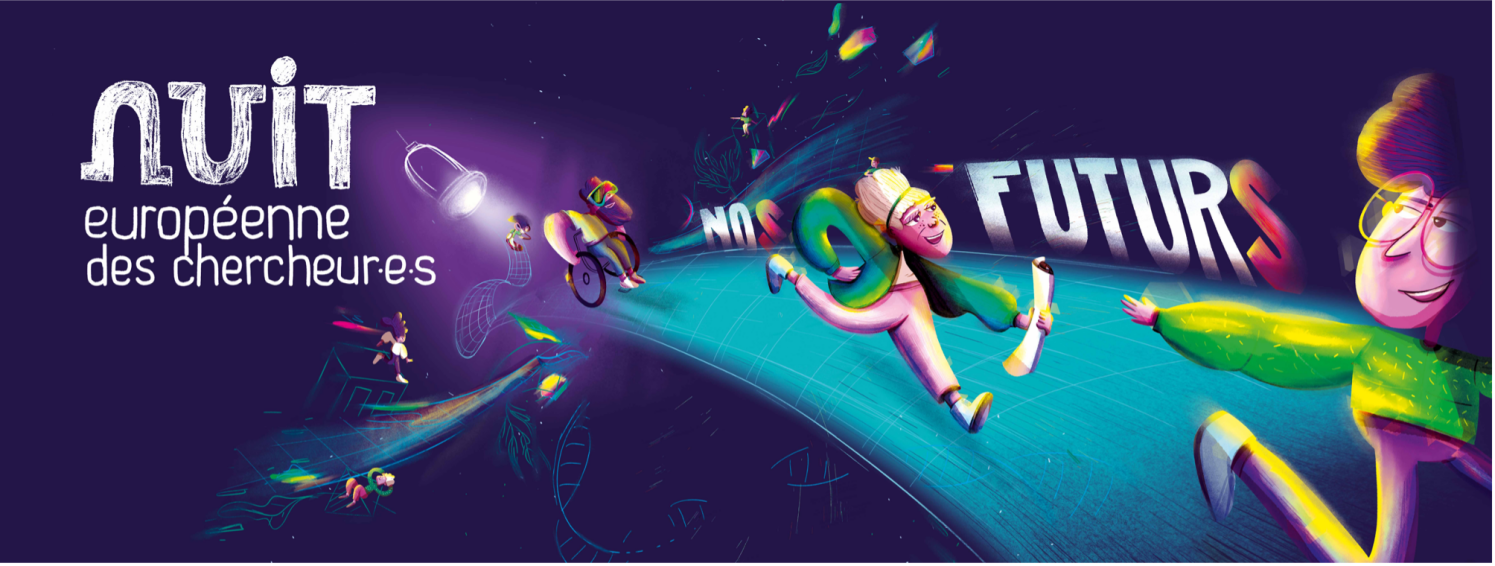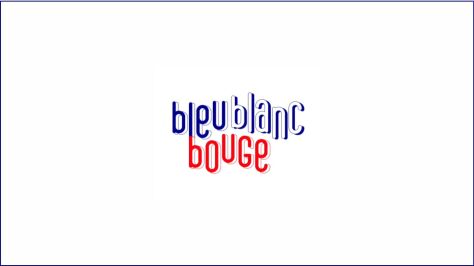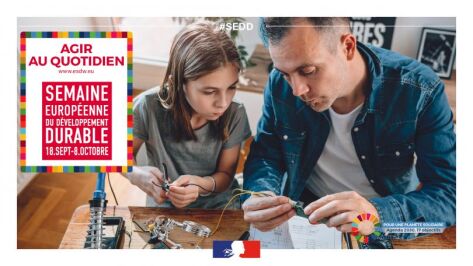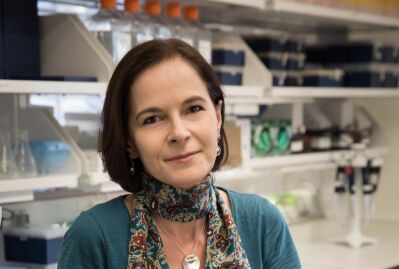 Aktualności
Aktualności 
European Researchers’ Night: meet the explorers of our time!
“Telling who they are and what they do”. Only these few words are necessary for the French ministry in charge of research to define the European Researchers’ Night that will be held during the evening of 29 September in about 15 French cities and more than 300 European cities, where researchers from all disciplines and backgrounds will meet the general public.
The Researchers’ Night was created in early 2000 by the European Commission as a popular event supported by the French ministries of research and culture, and organised by a consortium of institutions led by the University of Bourgogne Franche-Comté. In 2022, in France, about 1,150 researchers took part in the event, attracting 50,000 visitors.
Exploring all possible futures
Albi, Angers, Besançon, Bordeaux, Brest, Dijon, Le Mans, Limoges, Marseille, Metz, Nice, Paris, Pau, Saint-Denis de la Réunion, Saint-Étienne and Toulouse. These 16 French cities will take over this year’s subject: “Our Futures”!
This rich and diverse programme will explore the subject of discovery, since the European Researchers’ Night is “a unique and special opportunity for the general public to meet the explorers of our time”.
As explains the website dedicated to the event which defined this year’s subject, today, researchers imagine the future “will many possible leads, one with deeply present and understood technology, another with a focus on what’s critical, and even one in which humans are no longer present...”. According to the event’s organisers, all these leads are “hypothesis brought by researchers building the future”.
Disrupt the public
Like every year, in all French and European cities, the general public will have the opportunity to meet researchers from all disciplines and backgrounds.
For example, ecology, literature, mathematics, physics, and health will be under the spotlights in “unusual places”, which are not necessarily places for research, such as warehouses, museums, castles and even gardens! The idea is to “disrupt the public” by offering “scenography with elaborated atmospheres, discussions in the dark or in limited time”. A way, according to the organisers, to confront participants “to the hard choices that make the everyday life of researchers” and to “think together, contribute, discuss, and learn”.
In short, when you come to the European Researchers’ Night, “you’re not looking to go back with a prophetic vision of the future, but with a vision you did not expect”!
Assess the quality of water
Every two years, in France, a Major Participatory Experience (GEP in French, for Grande Expérience Participative) is organised during the European Researchers’ Night “at the same time as all participating cities” to allow a team of researchers make all the audience participate in a scientific experience making part of their research work.
Among several applications, the jury chose for this edition to put under the spotlights the experience offered by a team of INSA Toulouse researchers: “Grande Synchr’EAU”, a project about the quality of water at European scale. In concrete terms, this experience will allow many people to participate “in the follow-up of the quality of water bodies thanks to simplified analysis tools at their disposal and a blog to view the results”. According to the organisers, data collected will be “combined with measures taken as part of scientific research projects” and “will help researchers identify the main factors of vulnerability of aquatic environment in France”.
Presenting the diversity of European research
On the website of the European Commission, the event is brought to European scale. So, the Commission says, this Friday 29 September, the European Researchers’ Night will be the “biggest scientific promotion event in Europe” and will be held in 27 countries to “present the diversity of European research and innovation and their importance in the everyday life of citizens”.
And this event, the Commission says, indeed attracts “more than 1.5 million visitors every year in most EU Member States, and in several countries related to the Horizon Europe programme (Iceland, Moldavia, Montenegro, Serbia and Turkey)”. In all these countries, the public “will have the range to meet researchers and discover research, science and innovation through a wide range of scientific shows, practical experiences, games, quiz, contests, exhibitions and numeric activities”.
Explore more
- General presentation of the Researchers’ Night in France
- Researchers’ Night in Europe
- Programme of events in Europe
- programme, with interactive map geolocating events in France:





Commentaires
Vous devez être connecté pour laisser un commentaire. Connectez-vous.